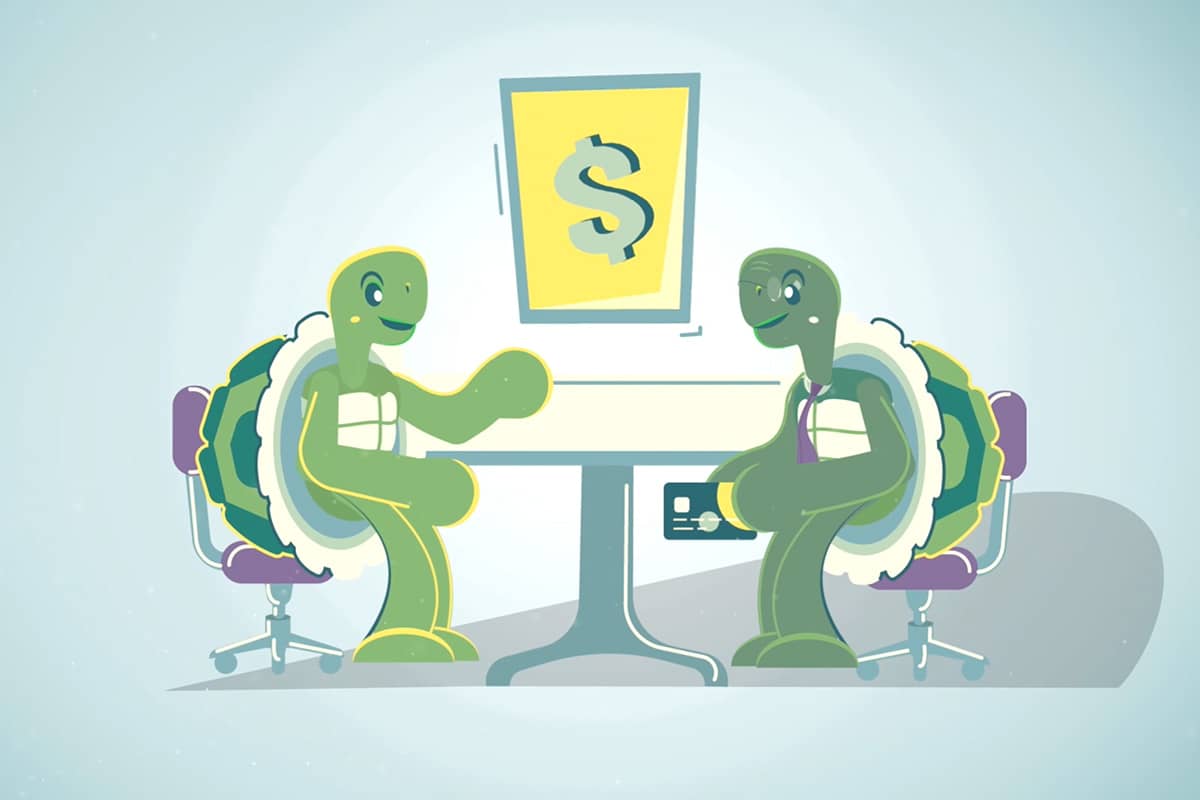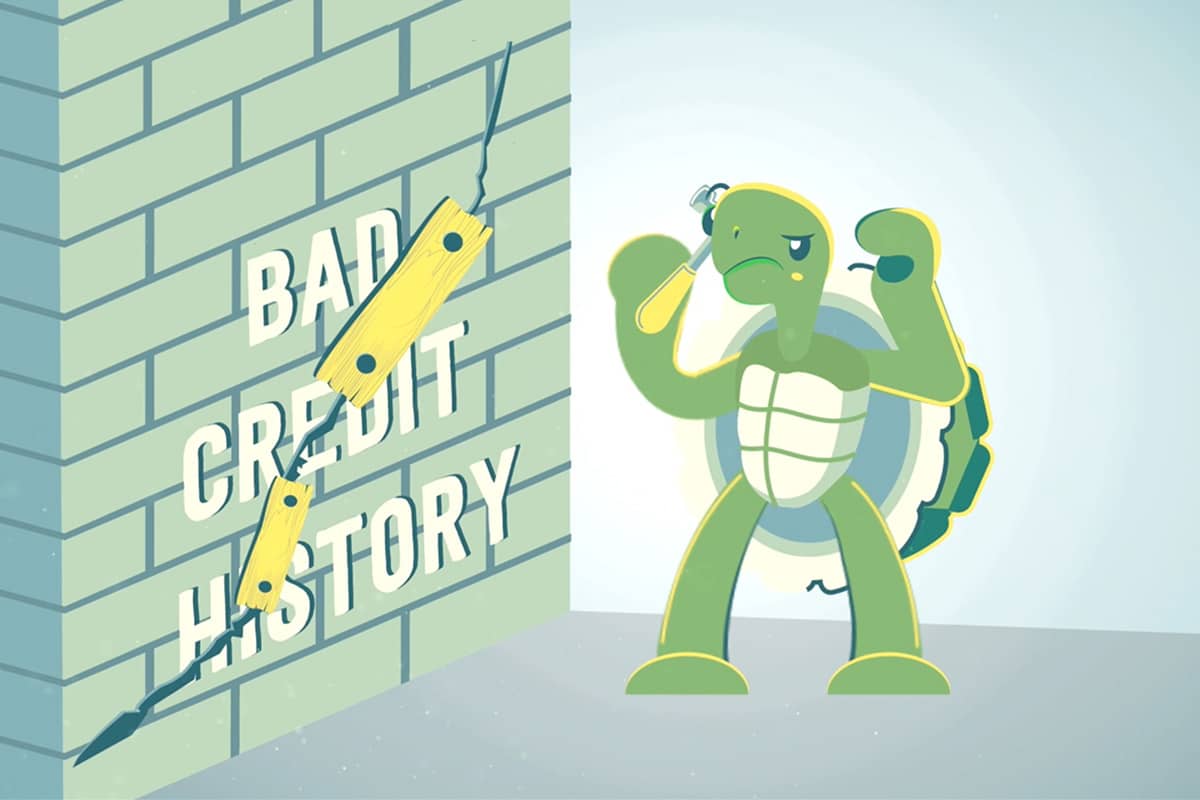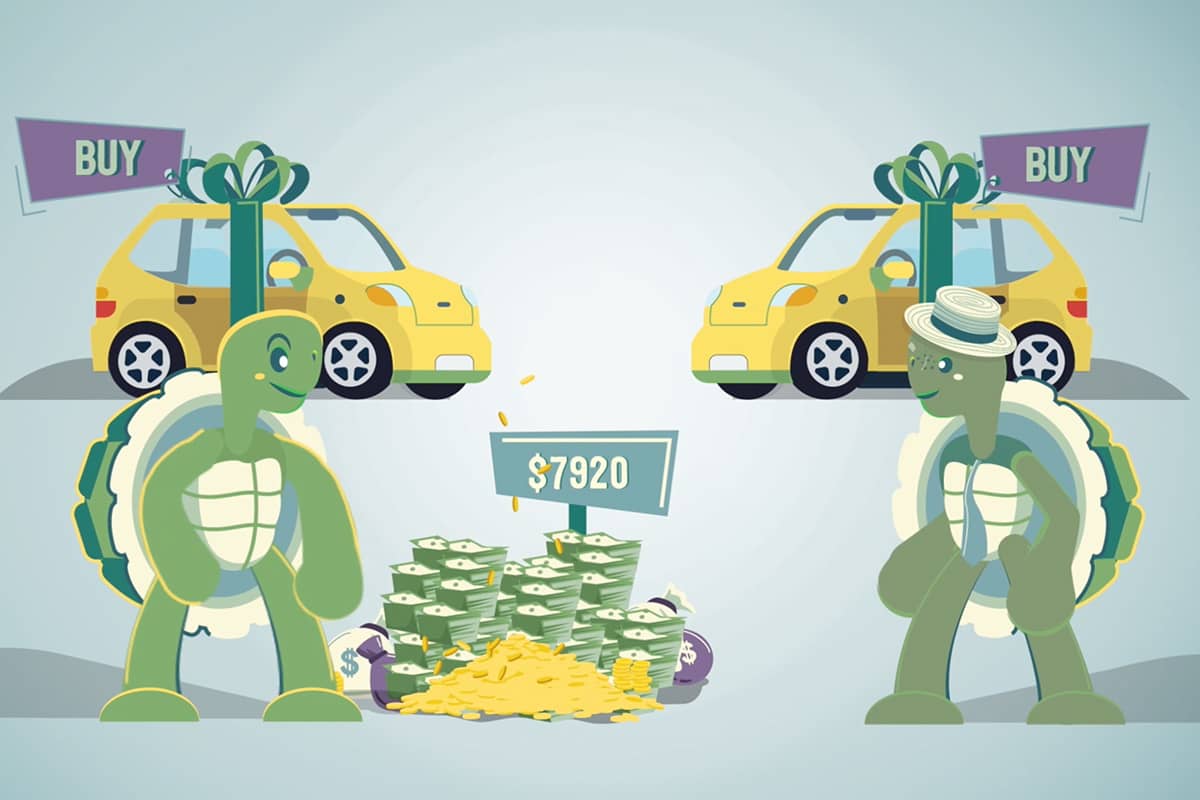What is Credit?

By Turtle Credit Team
Disclaimer / Advertiser Disclosure
- The information provided on this website does not, and is not intended to, act as legal, financial or credit advice; instead, it is for general informational purposes only. Information on this website may not be current. This website may contain links to other third-party websites. Such links are only for the convenience of the reader, user or browser; we do not recommend or endorse the contents of any third-party sites. Readers of this website should contact their attorney, accountant or credit counselor to obtain advice with respect to their particular situation. No reader, user, or browser of this site should act or not act on the basis of information on this site. Always seek personal legal, financial or credit advice for your relevant jurisdiction. Only your individual attorney or advisor can provide assurances that the information contained herein – and your interpretation of it – is applicable or appropriate to your particular situation. Use of, and access to, this website or any of the links or resources contained within the site do not create an attorney-client or fiduciary relationship between the reader, user, or browser and website owner, authors, contributors, contributing firms, or their respective employers.
- TurtleCredit.com receives compensation for the financial products and services advertised on this site if our users apply for and sign up for any of them.
Credit is a concept that has existed for centuries. Of course, the various forms of credit have changed. Technology allows us to extend this concept into many aspects of our lives more than ever before. However, the essence of it remains the same.
Having credit improves your financial life and makes your life convenient. It allows us to be liquid (cash on hand) even when we are not. More than likely, you have used credit at some point in your life.
Here are a few tips to help you understand it better!
What Is Credit?
Credit provides you with the ability to gain something of value, and you payback later. It can be something in the form of a house, a car, or it can just be money – such as personal loans.
You get it from a lender (a bank, credit union, or a person). You pay it back with interest over a specified time. Once you do pay the loan back within the period – with no problems, it builds a relationship of trust with your lender.
Having paid the loan back on time increases your chances of getting credit again in the future. That is precisely how a credit score works. The better it is, the more chances you have of receiving credit.
Types Of Credit
Here are the four different types of credit that are widely available, and you can make use of:
#1. Installment Credit
You will want to use Installment Credit for expensive things such as car loans, student loans, and mortgages. You pay a fixed amount within a specified time, usually monthly or quarterly. Additionally, the loan will have an interest rate, repayment term, and fees, which will affect how much you pay monthly. Of course, the requirements of the credit will depend on the lender.
Pro Tip – Begin your installment credit with self-lender as a way to save money and build credit.
#2. Revolving Credit
Revolving credit involves a lending institution extending credit with a set borrowing limit and requires monthly payments — such as credit cards. Be careful when it comes to carrying a high balance with revolving credit cards or canceling your credit card, because this can negatively effect your credit score.
Pro Tip – Start your revolving credit with a credit card or secured credit card. Try and keep your utilization under 10%.
#3. Service Credit
This type of credit is an agreement with companies or entities you are getting a service from. Examples include internet services, gym memberships, utilities, or phone bills. Your payment plan will depend on your service provider’s requirements, but you will pay most of these arrangements monthly.
One important thing to understand about Service Credit is that it “doesn’t affect” your credit score directly. However, if you don’t pay for these services on time or at all, a debt collector can take control of your extended credit. This will lead to a negatively impacted credit score.
#4. Charge Cards
You don’t often see these types of cards around anymore – besides American Express. However, they work like a credit card with one key difference: you cannot carry a balance forward. Meaning, you have to pay back your entire credit balance at the end of each month.
This is probably why you typically don’t see charge cards these days. The convenience of carrying a balance on your credit card has made Charge Cards obsolete.
Reasons To Have A Good Credit Score
A good credit score is significant because it is your reputation in the borrowing market. Good credit means you have a good reputation in handling your credit, and a bad credit score serves the opposite purpose.
However, good credit is much more than that. If you have good credit, then many lenders will trust you because they will provide you with a low-interest rate on your lending amount.
Here are the many reasons why you need good credit:
- You’re better able to borrow valuable items such as a house or car
- While renting a home, your landlord will check your credit score to make an informed decision on leasing the place to you
- The report of your credit score can be used to verify your identity
- Many businesses such as utility companies check your score before extending the service without a deposit
- Insurance companies will review your score to determine your rate
Final Thoughts
Without the use of credit, many of us would not be able to purchase many things that we own. It allows us to indulge and make purchases with the ease of paying the amount over time. This is why good credit is critical when it comes to borrowing.
Read more at Turtle Credit.
Articles: Personal Credit 101
So how does credit actually work? It’s kind of like dealing with friends. You can lend some friends money and they will return it on or before a certain agreed-upon time.
We’ve been discussing credit and how it works but how do you start getting credit if you have no credit history? Better yet, how do you repair a bad credit history?
If credit is borrowing money on trust, how can you also save money when borrowing money?



